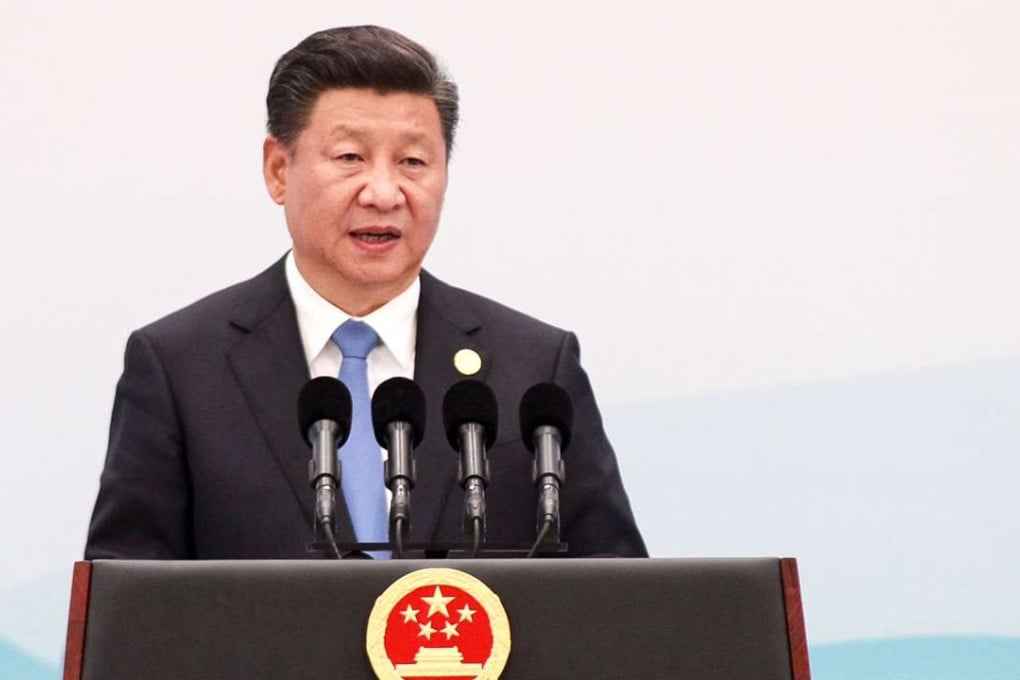China Briefing | What if China’s leaders were as keen on reform as they are on fighting graft?

By all accounts, the G20 summit was a resounding success for China. Over the past week, state media has basked in the glory of the summit that showcased China’s rising influence and gave it the leading role in the international arena in forging broad consensus over ways to fix the fragile global economy.
Now the party is over and the hard work begins. For many keen observers, the most important question is whether China will truly rise to the challenge thrown down by its own president, Xi Jinping, who urged global action on structural reform and innovation at the summit.
Indeed, Xi’s call for concrete action and avoiding “empty talk” was aimed at Chinese leaders as much as at other world leaders.
Since he came to power in late 2012, “reform” and “innovation” are the second and third most frequently used buzzwords – after “corruption” – as his administration has promised drastic action plans to put China on a path to sustainable growth.
But as far as foreign investors and private businesspeople are concerned, there have been many lofty and loud words, but little action. Many of them have increasingly complained about signs of reforms being stalled or even reversed, making life harder for them.
It seems not long ago, in November 2013, when the mainland leadership endorsed a plan of 60 workable measures, which economists agreed could significantly transform the Chinese economy even if only half of them were implemented.
